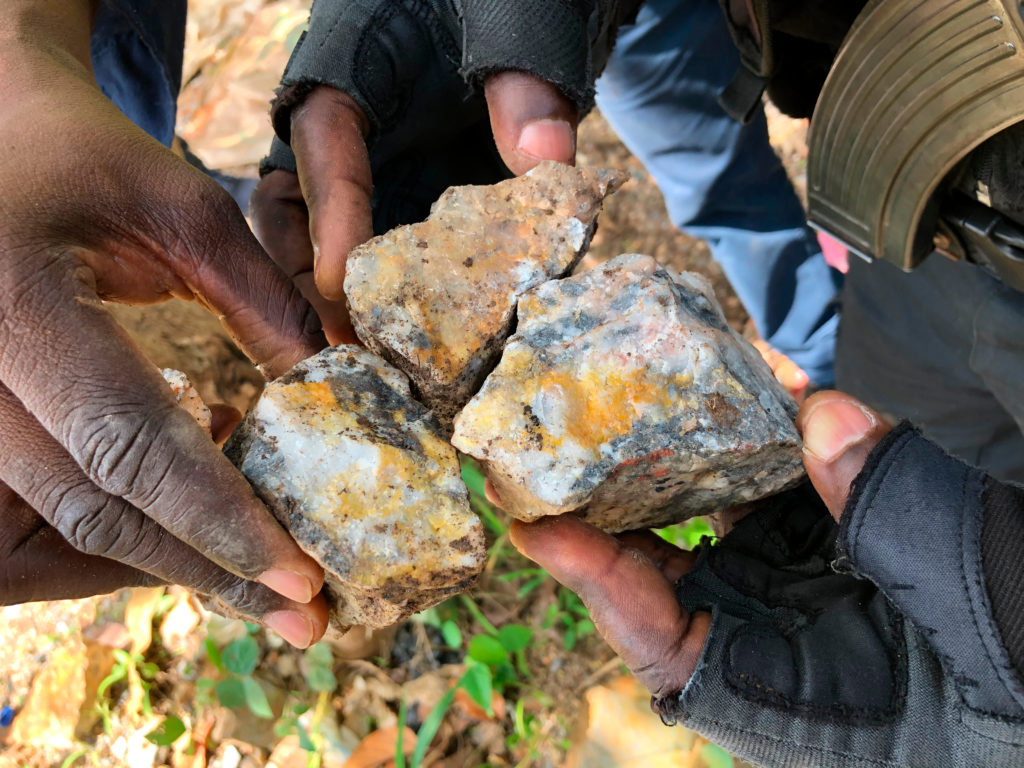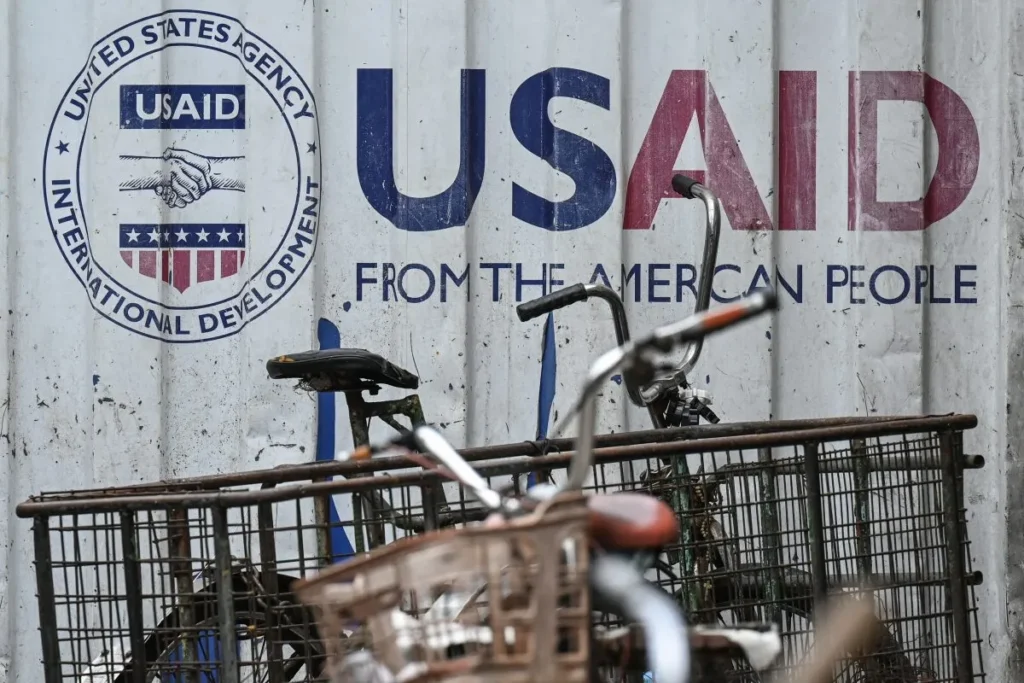
Ghana’s central bank has rebuilt foreign reserves to cover four and a half months of imports, Governor Johnson Asiama said.
He credited a new state-run gold trading body, GoldBod, for plugging foreign-exchange leaks and centralizing the purchase and export of gold.
Since its launch in March, GoldBod has generated roughly $8 billion, ensuring earnings from gold exports return to Ghana’s domestic banking system.
“It’s like a revolving fund that we operate,” Asiama said, highlighting the scheme’s role in complementing broader reserve-building efforts.
The central bank continues to receive bullion directly from large mining firms under existing agreements, further strengthening Ghana’s foreign reserves.
The move marks a stark shift from 2022, when private traders dominated gold exports and much of the revenue left the domestic system.
Asiama also said Ghana plans to regulate cryptocurrencies by year-end, under a new bill drafted with International Monetary Fund guidance.
The legislation would grant the central bank authority to license and monitor virtual-asset activities, curbing remittance flows diverted through stablecoins.
He added that reforms will bolster the central bank’s independence, repair its balance sheet, and support Ghana’s financial stability after debt restructuring.
Efforts are also underway to relist more banks and revive the country’s capital markets, reflecting a broader push for economic resilience.
These measures signal Ghana’s determination to secure fiscal sovereignty and restore confidence in its financial institutions after recent economic turbulence.




